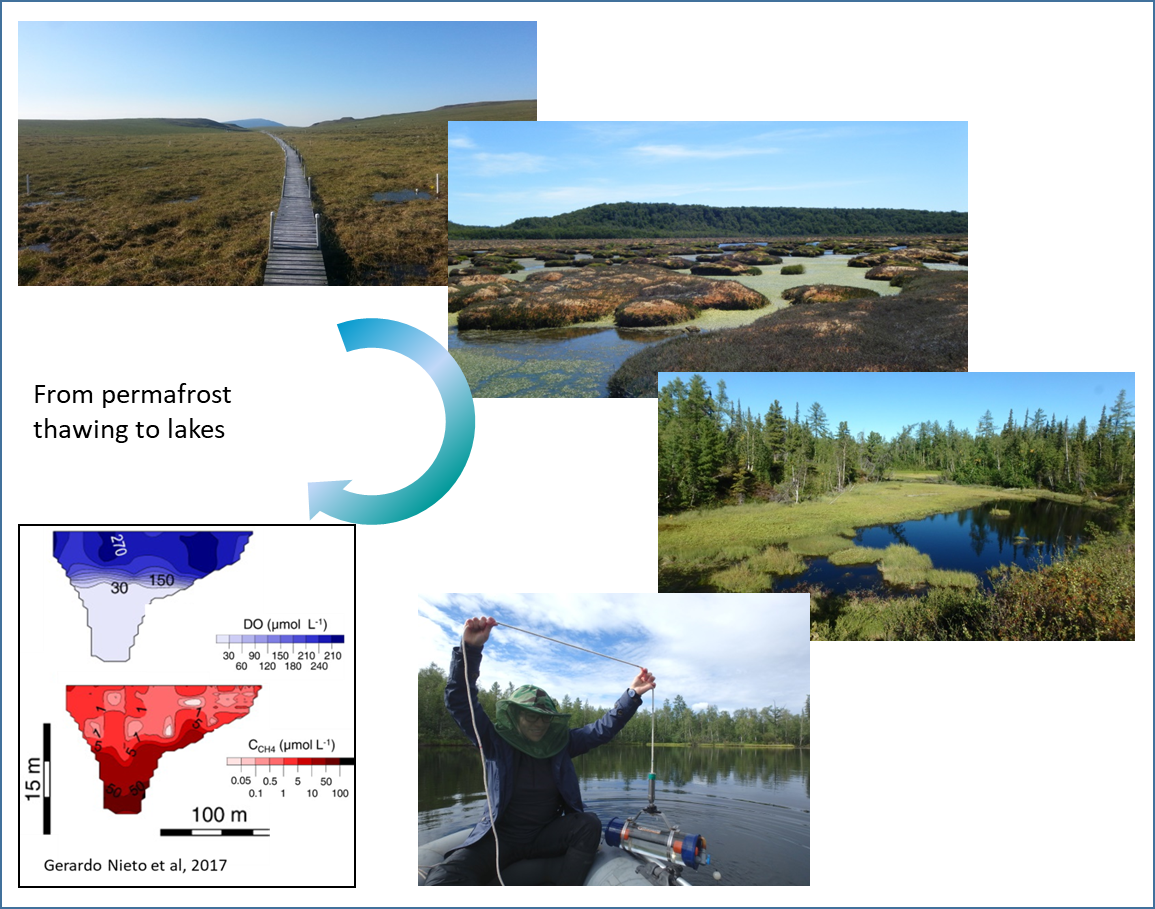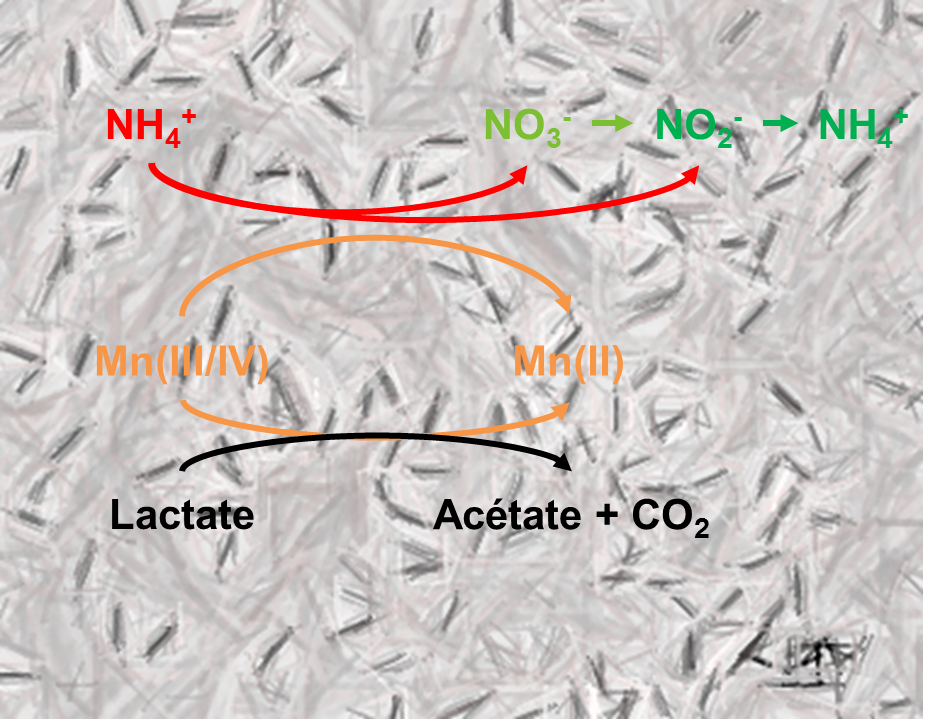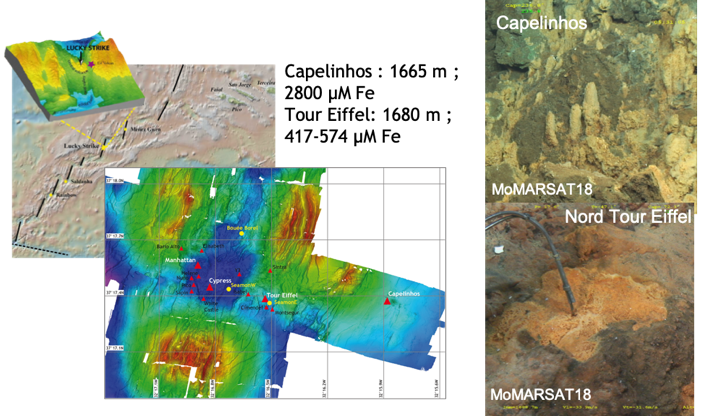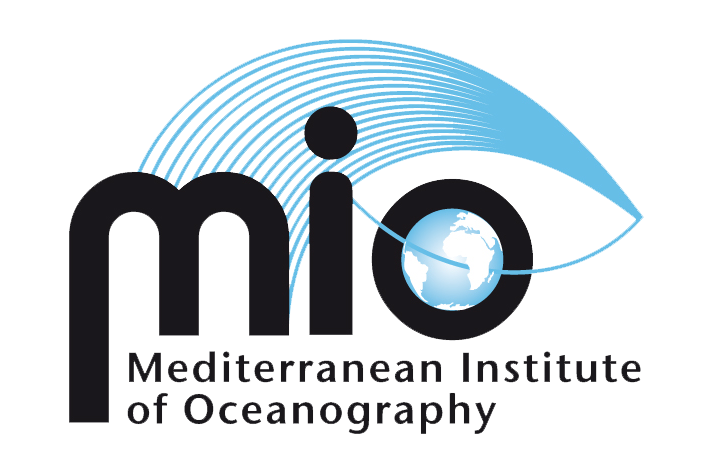MEB - Topic 2
Microbial metabolisms that are involved in the functioning and coupling of biogeochemical cycles in the context of climate change
Moderator : Valerie Michotey
The team has great expertise in the microbial ecology of anaerobic environments, especially the carbon, nitrogen and sulfur biogeochemical cycles. Our goal is to focus on these elements’ coupling with respect to global climate change and related episodes of hypoxia.
Particular interest is focused on the following:
-
Relationship between the N cycle and the cycling of metals (anaerobic nitrification coupled with the Mn cycle or Fe-Ammox), S (H2S oxidation and nitrate reduction) or CH4 (anaerobic CH4 oxidation and nitrate/sulfate reduction).
-
Effect of anaerobic metabolisms (sulfate reduction and methanogenesis) on the mercury cycle (methylation/demethylation) through an active collaboration with the Marine Environmental Chemistry team.
The originality of our approach involves coupling C, N and S fluxes from measurements of the bacterial metabolic activities that are responsible for these fluxes to the structure of the associated communities. Based on analytical expertise both in situ and in controlled microcosms, these identified metabolisms are confirmed at the molecular level by genomics and transcriptomics. The new metabolic pathways are elucidated by physiological and post-genomic approaches on model strains that are isolated from environments of interest.
Examples of studies
Methane cycle

Study of the methane cycle (production and oxidation) in Arctic and sub-Antarctic ecosystems that are exposed to climate change: measurement of the emission flux and dissolved methane concentration profiles and the characterization of relevant microbial actors (methanogens, methanotrophs, aerobes and anaerobes)
The diversity and activity of methanogenic and methanotrophic microorganisms are analyzed both in situ (especially in climate change-sensitive ecosystems such as permafrost, Arctic/Antarctic wetlands and tropical reservoirs) and in microcosms in response to temperature variations. This microbial characterization is coupled with the geochemical evaluation of fluxes and profiles of dissolved methane and CO2 to evaluate their effects on the regulation of greenhouse-gas emissions.
Nitrogen Cycle

Our project focuses on the aerobic/anaerobic interfaces and episodes of hypoxia. We are particularly interested in unconventional processes that have been recently discovered (comammox) and the coupling between the N cycle and the cycling of metals (Mn/Fe), S or methane.
.
Iron cycle

The dynamics of ferro-oxidative bacteria (FeOB) within microbial mats that are rich in iron oxides, which depend on the environmental conditions and their variations, will enable us to understand their role in the formation of mats and how they affect the geochemical cycles of iron, carbon, nitrogen, and less importantly methane and sulfur.

